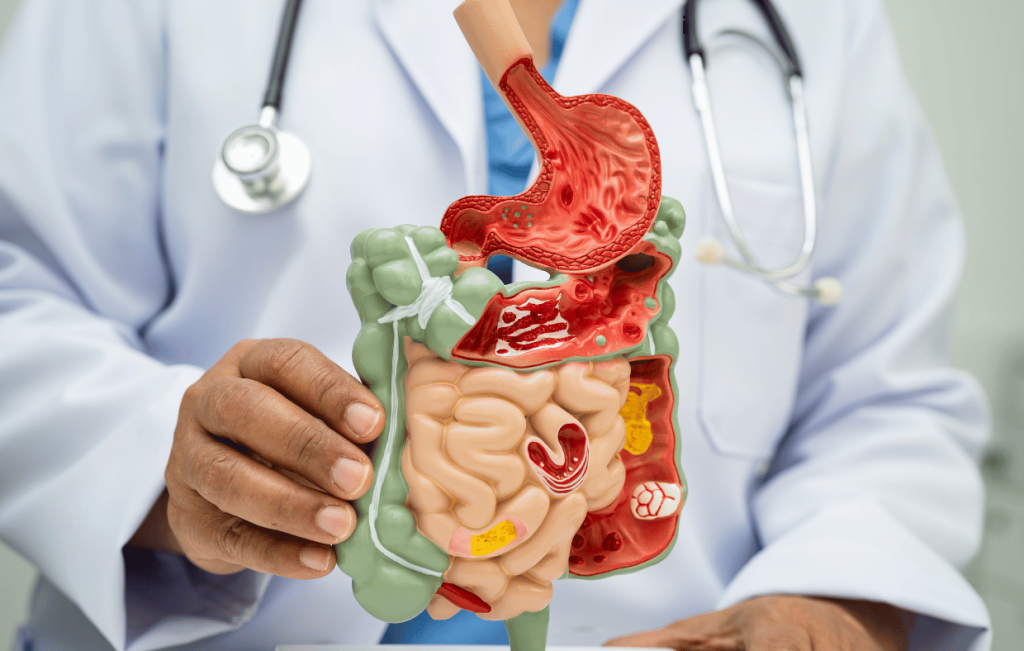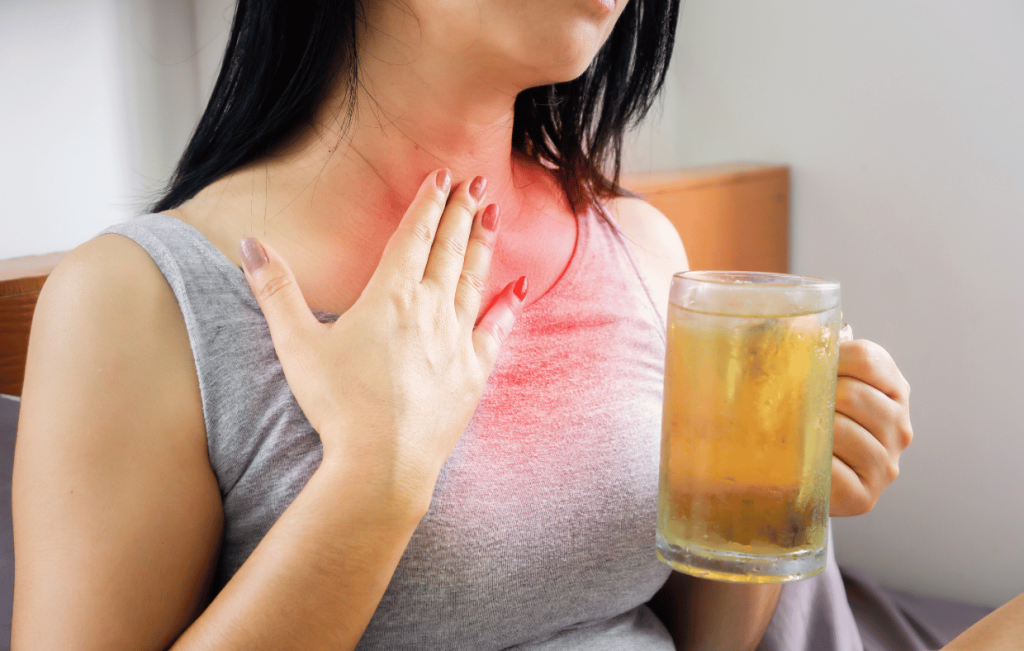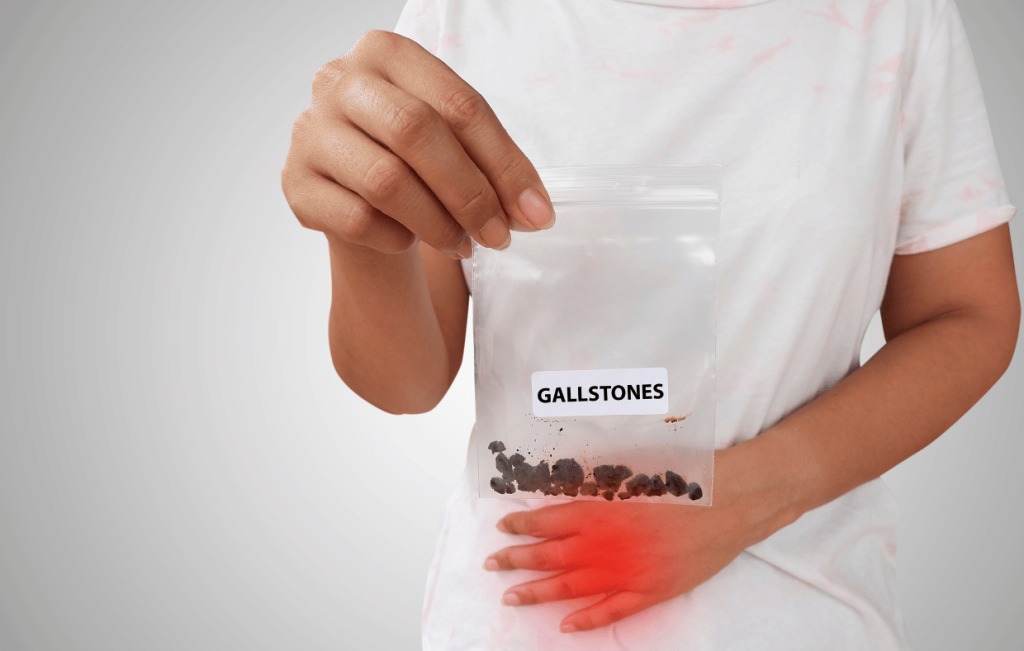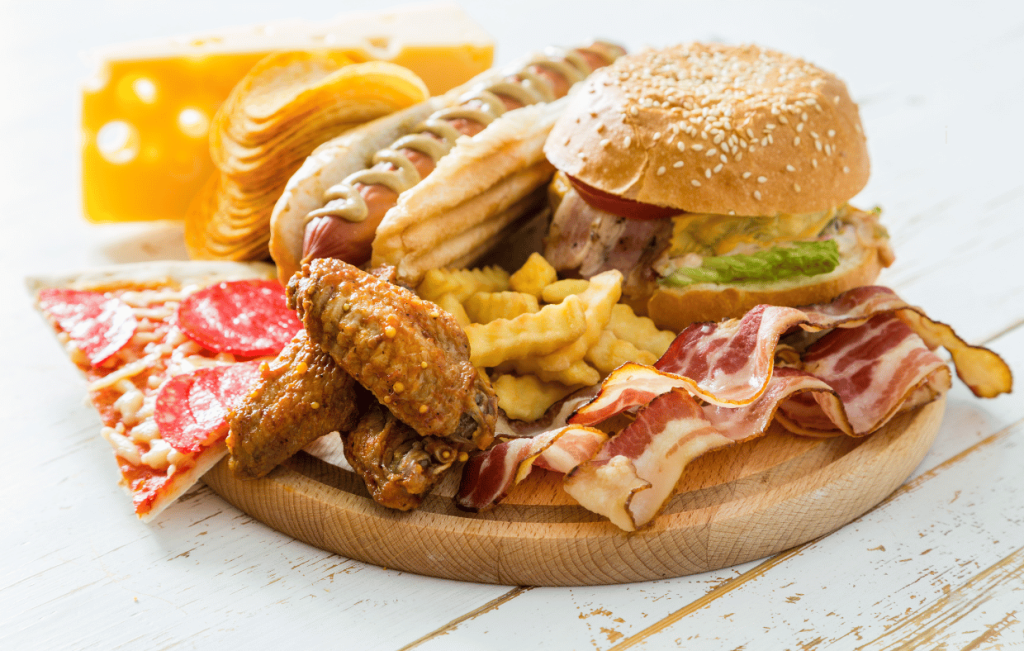Gallbladder vs Heartburn: Knowing The Difference
Millions experience digestive discomfort, but not all symptoms have the same cause. Two leading suspects are gallbladder problems and heartburn. Both can be excruciating, particularly after eating fatty foods, but the underlying causes differ significantly. Knowing the distinction is crucial for receiving appropriate treatment and preventing serious health issues.
For natural help with digestive complaints, this tested solution offers an answer: Find out more here.
An Overview of the Digestive System

The digestive system comprises various organs that process food, absorb nutrients, and eliminate waste. Two critical players are the gallbladder, a small, pear-shaped organ beneath the liver, and the stomach, which produces acid to help dissolve food. Both issues may result in pain, but their symptoms and sources differ.
What is the Gallbladder?
The gallbladder stores bile, a digestive fluid produced by the liver. When you eat, particularly fatty foods, the gallbladder releases bile into your small intestine through bile ducts, helping break down fats. Blockages or inflammation in these ducts can cause severe pain.
Gallbladder Conditions and How Your Doctor Can Help
- Gallstones: Hardened deposits, ranging from sand-grain to golf-ball size.
- Biliary Colic: Sudden pain caused by temporary bile obstruction.
- Cholecystitis: Gallbladder inflammation.
- Gallbladder cancer: Uncommon but deadly.
- Gallbladder Disease: Generic term for various gallbladder problems.
What is Heartburn?

Heartburn is a burning pain or discomfort occurring when stomach acid leaks into the esophagus. It’s often associated with gastroesophageal reflux disease (GERD), a chronic condition where stomach acid flows back up, irritating the lower esophageal sphincter (LES).
GERD Symptoms
- Chest burning
- Sour taste in the mouth
- Sore throat
- Chest pain (often confused with a heart attack)
- Chronic heartburn
Key Differences Between Gallbladder Pain and Heartburn
| Feature | Gallbladder Problem | Heartburn |
|---|---|---|
| Pain location | Right upper-abdomen, may spread to right shoulder or shoulder blades | Chest, behind breastbone |
| Timing | Often after a fatty meal | After eating spices or acids |
| Pain quality | Knife-like, boring, or stabbing | Burning, ascending |
| Associated symptoms | Nausea, vomiting, fever, jaundice | Sour taste, sore throat, coughing |
| Relief with antacids | No relief | Usually improves |
Why the Confusion?
Both conditions share symptoms like abdominal pain, chest pain, and worsening after meals. This similarity often leads to incorrect self-diagnosis or reliance on over-the-counter drugs.
Gallbladder Attack vs Gallstone Pain

A gallbladder attack occurs when a gallstone blocks a bile duct, causing excruciating upper abdominal pain that can last for hours. This severe form of gallstone pain may require emergency medical care.
Signs of a gallbladder attack include:
- Intense pain in the upper right side of your stomach
- Pain radiating to the right shoulder and/or back
- Nausea and vomiting
- Fever and chills
Gallbladder Problems: Diagnosis vs Heartburn
Correct diagnosis is crucial. A doctor can perform:
For Gallbladder Issues
- Blood tests to measure liver enzymes
- Abdominal ultrasound
- HIDA scan to assess gallbladder function
- CT scan
- Family history evaluation for gallstones or liver disease
For Heartburn and GERD
- Upper endoscopy
- pH monitoring
- PPI trials
- Evaluation for hiatal hernia
Treatment Options
Treatments for Gallbladder
- Lifestyle changes: Avoid fatty meals, maintain a healthy weight.
- Pain relief: Prescription medicine.
- Gallbladder removal surgery (laparoscopic cholecystectomy): Common, typically minimally invasive.
- Natural remedies: Turmeric, milk thistle, peppermint oil.
Treatments for Heartburn/GERD
- Lifestyle changes: Avoid acidic foods, elevate the head when sleeping, and lose weight.
- Over-the-counter antacids: Temporarily neutralize stomach acids.
- Prescription medications: PPIs, H2 blockers.
- Surgical procedures: in extreme cases or with complications like esophageal cancer.
Diet to Help Digestive Health

Diet plays a crucial role in managing either condition:
Foods to Avoid for Gallbladder Health
- Fatty foods
- Greasy foods
- Highly processed snacks
Foods to Avoid for Heartburn
- Spicy foods
- Citrus and acidic foods
- Caffeinated drinks
Risk Factors for Gallbladder Issues and Heartburn
Risk Factors for Gallbladder Problems
- Female gender
- Age over 40
- Excess weight
- Family history of gallstones
- Rapid weight loss
Risk Factors for Heartburn
- Obesity
- Smoking
- Pregnancy
- Hiatal hernia
- Poor diet
Symptoms to Watch For
Recognizing early signs helps prevent complications.
Gallbladder Symptoms
- Pain in the upper right abdomen
- Nausea
- Bloating
- Discomfort after fatty meals
- Jaundice (in severe cases)
Heartburn Symptoms
- Chest burning sensation
- Sour or acid taste in the mouth
- Sore throat
- Difficulty swallowing
When to Seek Medical Help
Consult a healthcare professional if:
- Symptoms are severe
- Pain persists
- You experience chronic heartburn or regular gallbladder attacks
- Symptoms interfere with daily life
Potential Complications if Untreated
Ignoring symptoms may lead to serious consequences:
Gallbladder Complications
- Gallbladder inflammation (cholecystitis)
- Gallbladder cancer
- Blocked bile ducts
Heartburn Complications
- Esophagitis
- Esophageal cancer
- Ulcers
- Acid aspiration-induced respiratory issues
Natural and Lifestyle Support
In addition to medical care, natural treatments and preventive measures can improve outcomes:
- Eat smaller meals
- Exercise regularly
- Stay hydrated
- Use herbal supplements
Discover a doctor-approved natural solution for better digestive health here: Click here for details.
Conclusion: Understanding the Key Differences
While gallbladder problems and heartburn share similar symptoms, they differ significantly in their root causes. Gallbladder issues typically cause sharp pain in the right upper abdomen, especially after fatty meals, while heartburn manifests as burning discomfort in the chest.
Understanding your medical history, recognizing potential risks, and obtaining an accurate diagnosis from a healthcare professional are crucial steps toward proper treatment. Whether you suffer from gallstone pain or acid reflux symptoms, a combination of treatment options and dietary modifications can help restore your digestive health.
Don’t let pain worsen—take proactive steps. Discover how this remedy can improve your digestion and eliminate acid reflux discomfort


